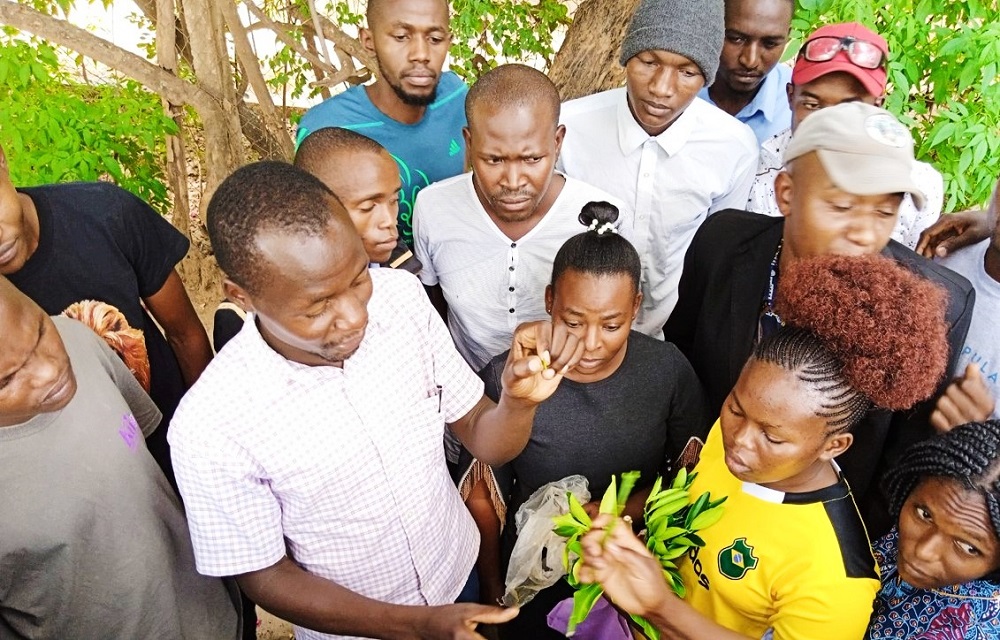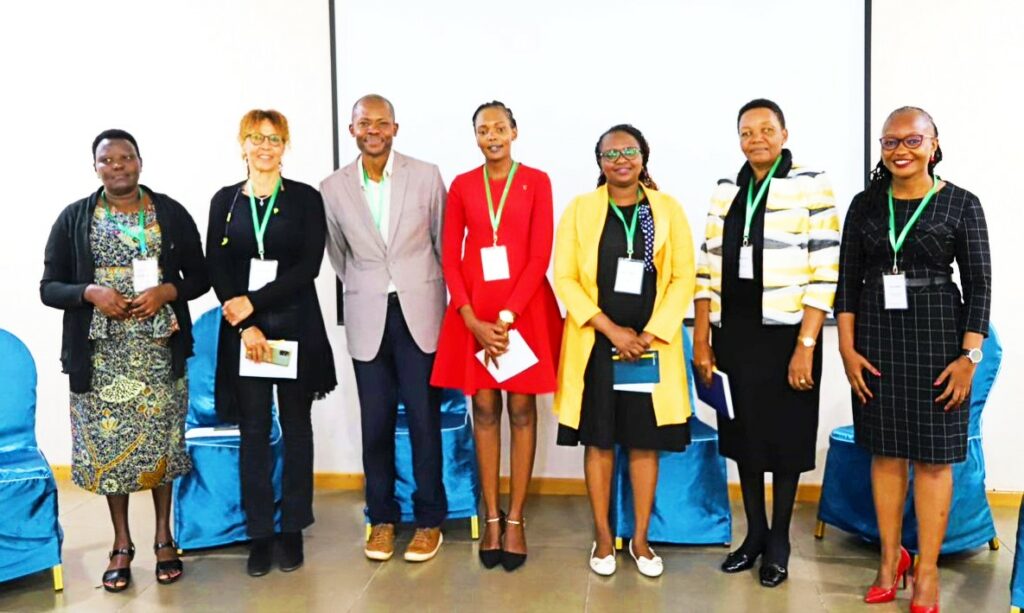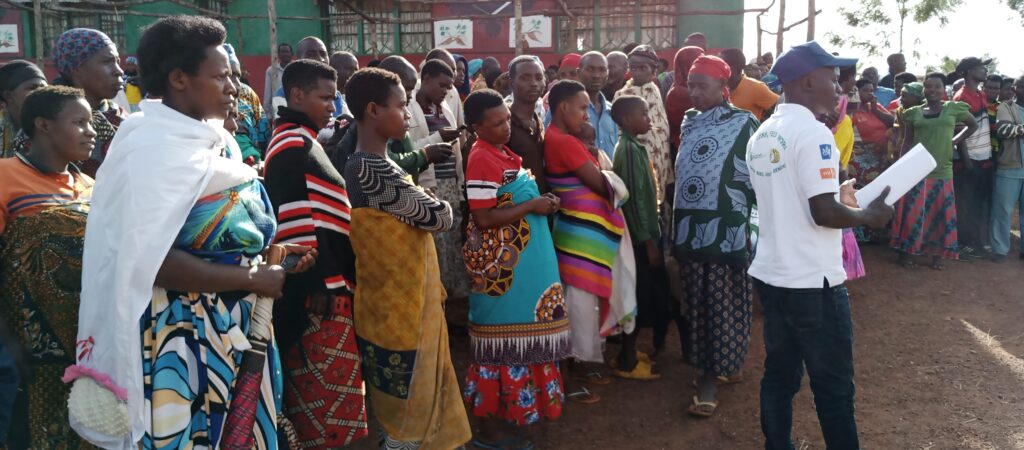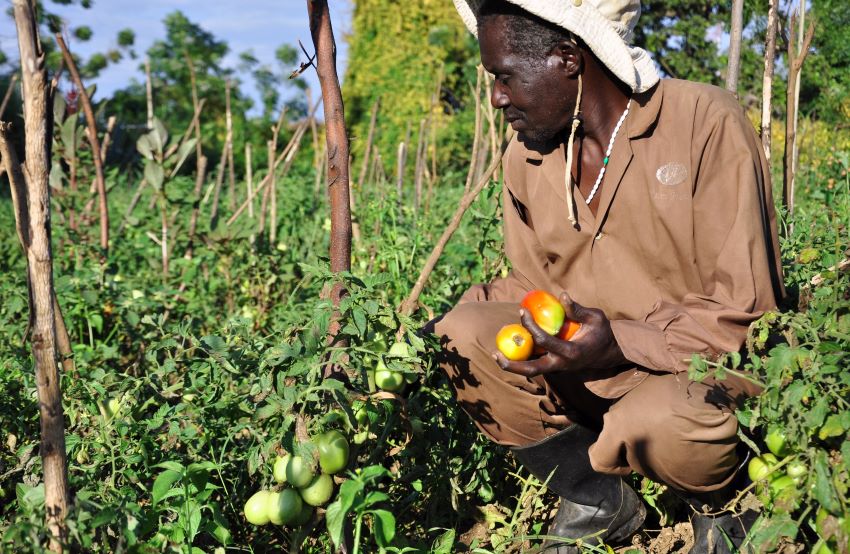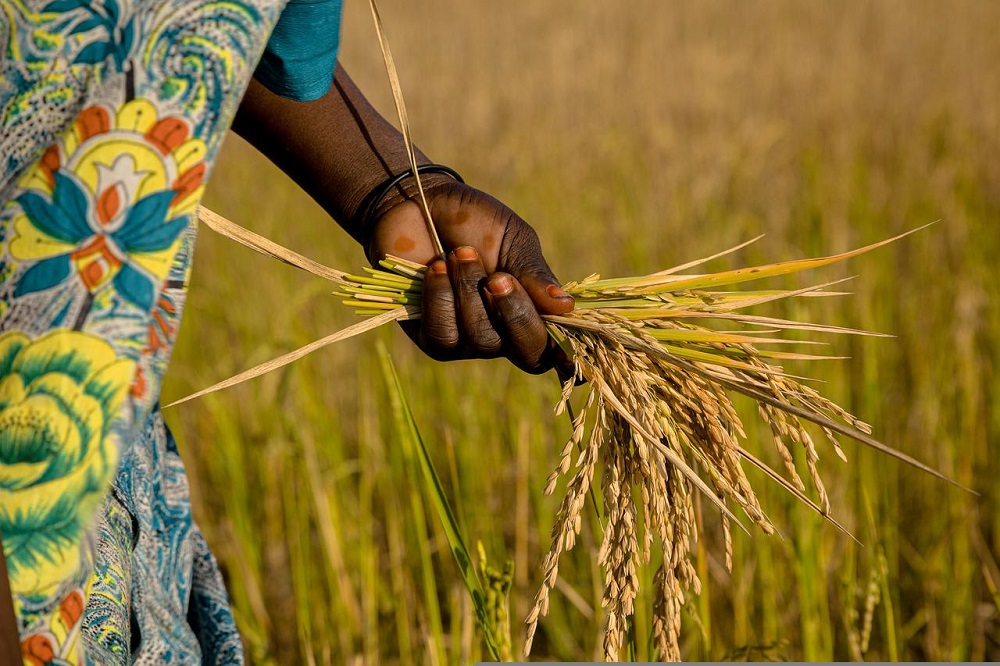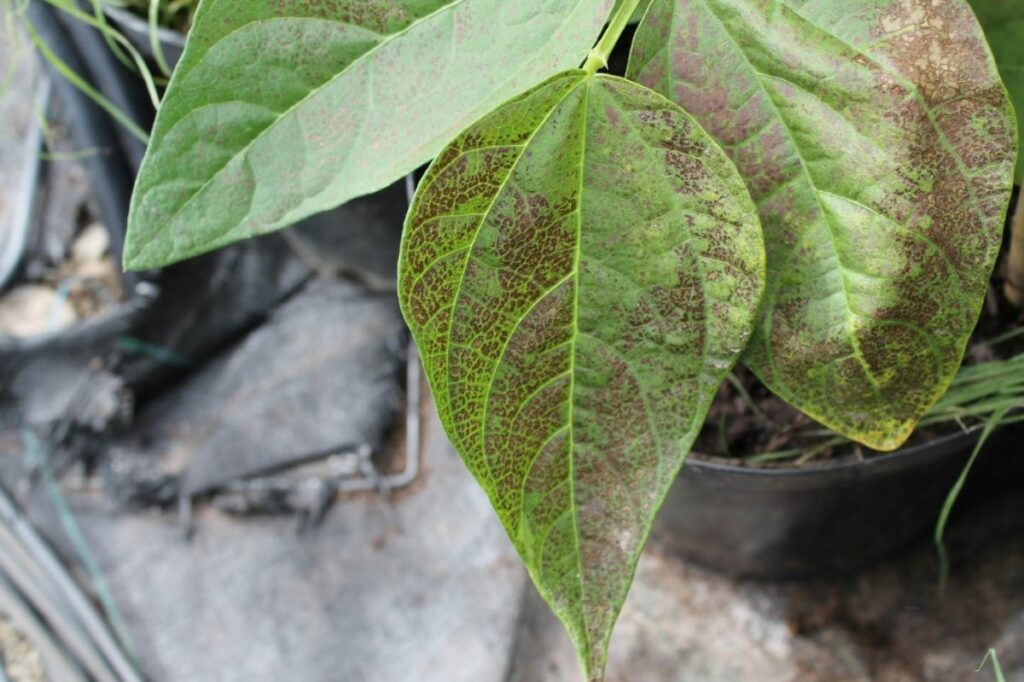Empowering farmers in Burundi through Plantwise plant health rallies
Plantwise is making big strides in Burundi to enhance food security and boost rural livelihoods. The CABI-led programme aims to equip farmers with essential plant health knowledge. This information enables them to minimize yield losses and increase their incomes. One of the key approaches involves conducting mass plant health rallies. These are community events where…
Pesticide risk reduction tackled at behaviour change workshop in Kenya
Pesticide overuse and misuse pose a risk to farmers, consumers, and the environment. Chemical pest control is a major source of pollution, leading to water and soil contamination. Moreover, pesticides can enter the food chain through residues on crops, jeopardising food safety.
Three types of training delivering plant health knowledge to Burundi’s farmers
How do you reach millions of farmers with tried-and-tested plant health advice? The answer is to train the plant health advisors. In Burundi, Plantwise has been doing just this. In March 2021, Plantwise started to train plant doctors in Burundi to deliver plant health advice to farmers. And five months later, in August, Plantwise was…
Working with Papua New Guinea to safeguard crop production
Papua New Guinea (PNG) relies on agriculture for income. But a host of plant health problems could put its valuable commodity crops at risk. Protecting high-value crops like cocoa and coffee is essential for safeguarding the country’s future. Agriculture is big business in PNG. It provides 22% of the nation’s Gross Domestic Product (GDP) and…
Webinar: Ozone pollution’s threat to tropical agriculture
Ground-level ozone is one of the most widespread pollutants in the world. Although ozone in the upper atmosphere provides essential protection from the sun’s harmful rays, at ground-level it has a number of harmful effects. Ground-level ozone pollution contributes to climate change, impairs human health and damages vegetation.

